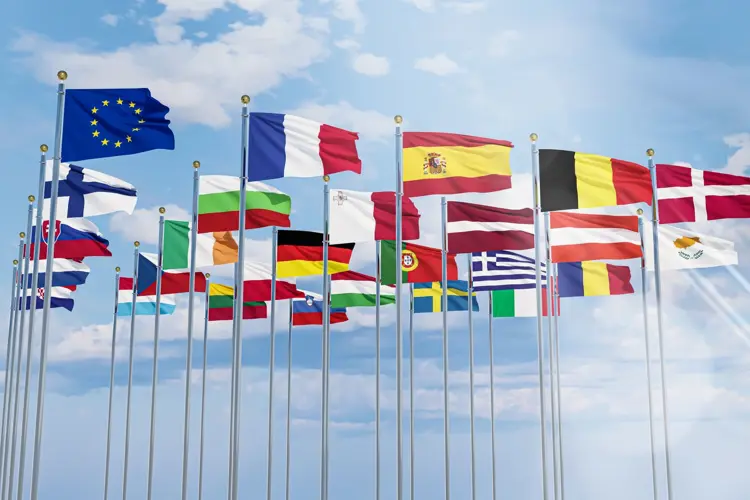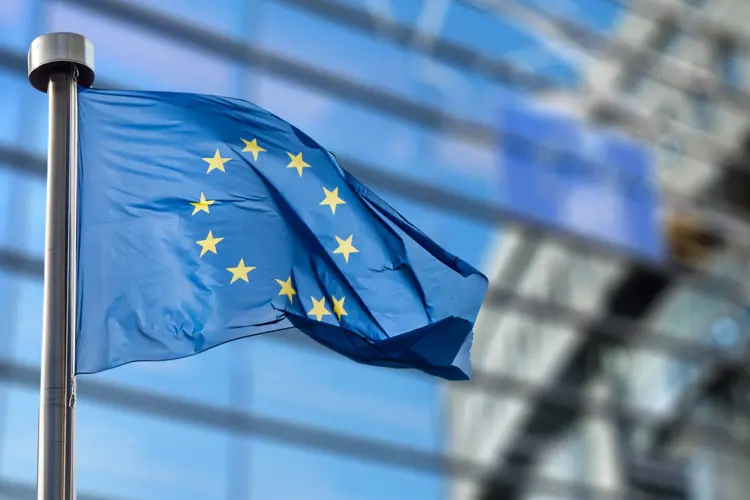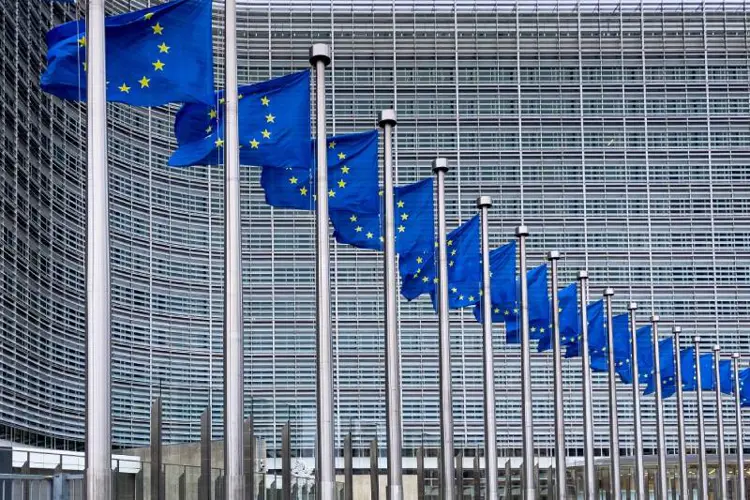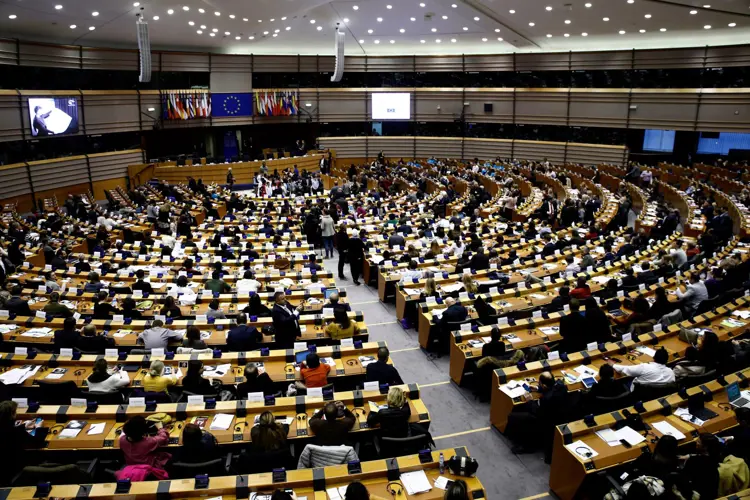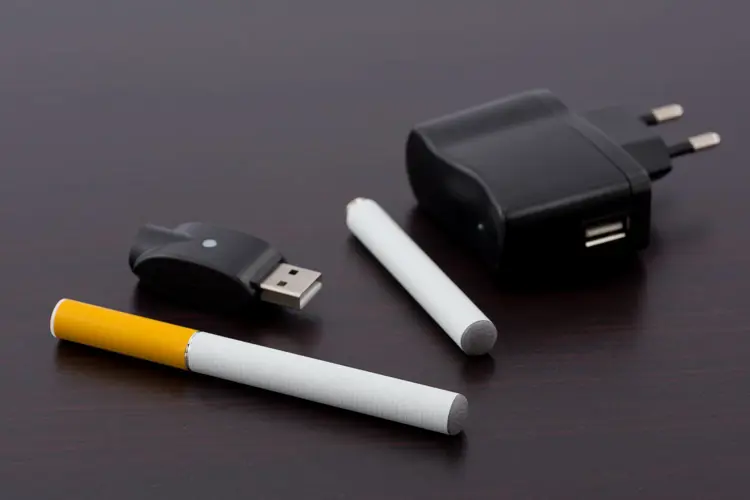European Union bureaucrats intend to bypass the EU’s regular democratic process to support mandated laws in EU countries that could restrict or ban vapes and other low-risk nicotine products. If they succeed, they could force EU member countries to adopt the harsh anti-consumer laws favored by the World Health Organization (WHO) and anti-nicotine organizations funded by Bloomberg Philanthropies.
The news, based on leaked documents from EU agencies, was reported this morning in a blog by Clive Bates, head of Counterfactual Consulting and former director of Action on Smoking and Health (ASH-UK). Swedish newspaper Skaraborgs Nyheter also published a story today on the secret plan.
The plot, hatched by European Commission and European Council bureaucrats, would involve granting the Commission—which will act as the sole voting EU delegate to the tenth Framework Convention on Tobacco Control (FCTC) Conference of the Parties (COP10)—broad authority to promote or vote for proposals at the FCTC COP meeting that have not been debated or approved by the European Parliament. Essentially, EU health bureaucrats could shortcut democracy and work to simply impose laws they prefer.
According to an unpublished question submitted Oct. 13 to the European Commission by a Swedish Member of European Parliament, “The proposal empowers the Commission to change the EU position ‘during on-the-spot coordination meetings, without a further decision of the Council.’”
EU bureaucrats want to abandon the democratic process
The plan proposed by the Commission is laid out in a formal decision—not publicly available—that will be voted on this week by the European Council. To pass, it will need a qualified majority, meaning a minimum of 55 percent of member states (15 or more of the 27 EU countries), representing at least 65 percent of the EU population.”
Blocking the proposal would require at least four countries that together represent at least 35 percent of the population. Sweden is almost certainly opposed to the plan, as are several Eastern European countries. Poland may also oppose it. But at least one of the large western countries—France, Germany, Italy or Spain—may be needed to meet the population requirement necessary to block the proposal.
The Council is currently working on a document that will set out the EU positions at the COP meeting, according to Bates. That document will also define the latitude Commission representatives will have to negotiate these positions. The proposed plan would allow Commission negotiators to vote for positions more restrictive than currently supported by elected EU officials.
Essentially, representatives of the EU Directorate-General for Health and Food Safety (DG SANTE)—the European Commission health agency—would be granted carte blanche to negotiate decisions on behalf of all 450 million EU residents.
“No parliament or public consultation is involved—the process is wholly opaque,” writes Clive Bates. “The EU negotiators will turn up in Panama at COP-10 with unseen positions that affect the health of millions of European Union citizens and the flexibility to take a more hostile stance as they see fit.”
EU tobacco policy is decided through a process of study and debate, and finalized in a series of directives voted on by the European Parliament. After passage, member countries must alter their own laws to follow the EU mandates. But the plot developed by Commission bureaucrats would throw the legal process out the window, and force the EU Parliament and member countries to accept whatever the FCTC decides.
“They aim to side-step Parliamentary and public scrutiny and settle it all in the closed groupthink bubble of COP-10 in Panama, in the final weeks of November,” writes Bates. “Then hand the European Parliament and European public a fait acomplis.”
Can the FCTC impose laws on European Union countries?
The FCTC is a WHO-sponsored international treaty that binds its member countries to pass laws in accordance with the treaty. (The United States is not an FCTC member, by the way.) The European Council will vote this week on whether to grant the Commission authority at the COP10 meeting to bypass debate in the European Parliament and overrule individual member countries’ preferences on tobacco and nicotine law.
The COP10 meeting will be held Nov. 20-25 in Panama, and is expected to address many issues that would affect users of vaping products, nicotine pouches, snus, and heated tobacco products. At the last biennial FCTC meeting (COP9) in 2021, the FCTC Secretariat (leadership group) postponed decisions on those issues till this year. (Vaping360 will have more COP10 coverage as the meeting approaches.)
Some of the WHO-approved policy mandates that may be voted on by FCTC delegates in November, according to a Global State of Tobacco Harm Reduction (GSTHR) briefing paper, include:
- Banning open-system (refillable) and disposable vapes
- Banning non-tobacco vape flavors
- Taxing all nicotine products at the same rate as cigarettes
- Treating all low-risk tobacco products the same as combustible tobacco
- Defining aerosols from vaping and heated tobacco products as “smoke”
- Applying smoking restrictions (like public use bans) to non-combustible nicotine products
- Applying laws requiring warnings or plain packages to low-risk products
- Applying advertising and sponsorship bans to low-risk products
The FCTC COP meetings have so far been notoriously secretive, with news media not allowed inside, and only FCTC-approved outside observers present. The observers are almost all from the same activist tobacco control organizations that help create WHO tobacco policy positions.
Once approved by a vote of FCTC signatories, all member countries must change their national laws to comply—even countries that voted against a particular restriction.
“EU tobacco policy,” writes Clive Bates, “is mostly made through what is known as the Ordinary Legislative Procedure—a complicated and lengthy three-partner embrace that ultimately requires the Commission, Council and Parliament to reach a compromise. But this secretive handshake between the European bureaucrats and WHO’s anti-vaping extremists cuts through all those democratic checks and balances. Instead, there will be cheering from a complex of interests and fake civil society organisations funded by overconfident prohibitionist American billionaire, Michael Bloomberg.”
The Freemax REXA PRO and REXA SMART are highly advanced pod vapes, offering seemingly endless features, beautiful touchscreens, and new DUOMAX pods.
The OXVA XLIM Pro 2 DNA is powered by a custom-made Evolv DNA chipset, offering a Replay function and dry hit protection. Read our review to find out more.
The SKE Bar is a 2 mL replaceable pod vape with a 500 mAh battery, a 1.2-ohm mesh coil, and 35 flavors to choose from in 2% nicotine.
Because of declining cigarette sales, state governments in the U.S. and countries around the world are looking to vapor products as a new source of tax revenue.
The legal age to buy e-cigarettes and other vaping products varies around the world. The United States recently changed the legal minimum sales age to 21.
A list of vaping product flavor bans and online sales bans in the United States, and sales and possession bans in other countries.







